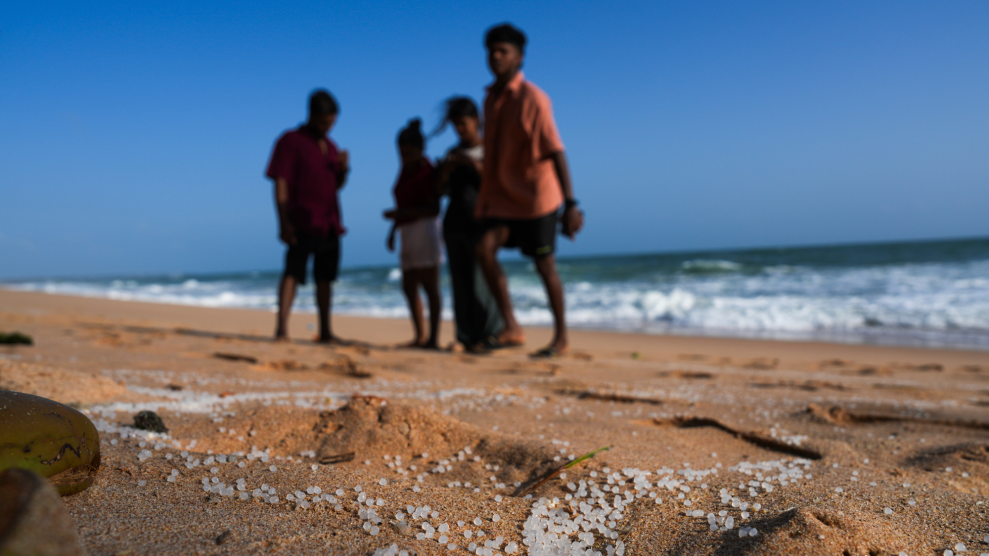When it comes to cultural identity, adoptees from other countries live a paradox: They hail from places they may know little about. “Your parents can’t provide that kind of connection or information for you,” says the Evan B. Donaldson Adoption Institute’s Hollee McGinnis. “And yet when you leave your family, people expect you to know everything about every Asian culture or every Latin culture.” One way adoptive parents try to bridge this gap is by sending their children to culture camps, weekend or weeklong immersions that explore everything from kimchi and siestas to the pain of living with racism.
Culture camps were championed in the 1980s by adoption agencies on behalf of adult transnational adoptees—many raised in mostly-white suburbs and small towns—who said they would have benefited from an opportunity to explore their roots and meet kids in similar circumstances. By the 1990s, these camps were fixtures in many adoptees’ lives and also in the lives of their parents, who increasingly volunteered their time. (I facilitate a classroom at the weeklong camp for children adopted from Latin America and their siblings that my three children attend.) Yet when the Adoption Institute recently surveyed more than 400 adult adoptees (the results will be officially released later this winter) about which experiences helped them build healthy identities, culture camps ranked surprisingly low—below reading articles on the internet and having mentors of the same race.
Those results don’t surprise Kim Park Nelson, a Ph.D. candidate and researcher in the Department of American Studies at the University of Minnesota, who developed and taught the first-ever university course in Korean adoption studies. While she applauds culture camps for providing adopted children with a fun opportunity to make meaningful connections with each other, she questions whether the curriculum is truly relevant to their lives. There is no way that you can “become Korean” or learn about being Colombian in one week or weekend a year, she says.
Most troubling to Park Nelson are the messages that can get transmitted. “What happens in camps is really colored by all of the misunderstandings and prejudices that Americans have about Asians in general,” she says. “I think that these camps have Orientalized Korean culture in a way that is palatable to white Americans but can do some damage in terms of painting Korean people and Korean culture in a very demeaning and condescending way. Korea is one of the most electronically and technologically advanced societies in the world, but camps have a tendency to focus on folk culture. And learning the fan dance doesn’t exactly create cultural cache if you go to Korea.”
McGinnis says these critiques shouldn’t be limited to Korean camps; almost every country that currently sends children to the United States is developing and modernizing, and camps need to update their classes to reflect that fact so adoptees have a realistic understanding of what to expect should they choose to visit their birth country. Nonetheless, she thinks camps do have value and her research has convinced her that the most important benefit a child can glean from culture camp is the opportunity to spend time with adults of their same race, whether adopted or not. She notes that it’s important for adoptive parents to remember that for their children, issues of race are ongoing, not just experienced one week out of the year. “It’s a daily occurrence,”she says. “To have people of color daily around you, that’s more beneficial.”
















